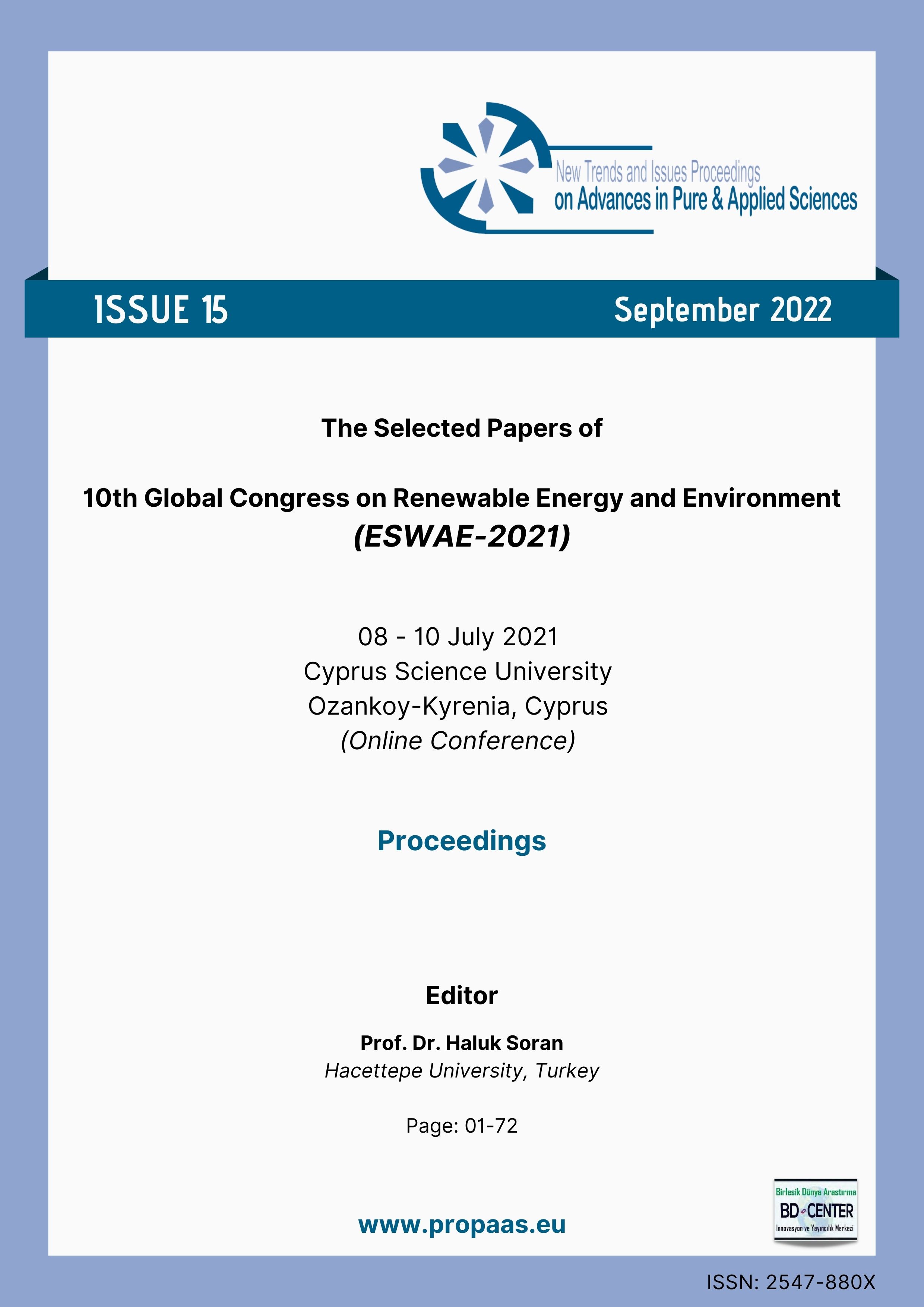Ship-to-ship tanker transfer operations and risk analysis: Probabil-istic approach
Main Article Content
Abstract
In recent years, there has been an increase in ship-to-ship cargo transfer operations at sea. In contrast to routine port berthing manoeuvrings, the berthing manoeuvrings of ship-to-ship tanker transfer operations, where the ships are in motion and under open sea conditions, contain many risks, unlike conventional port berthing manoeuvrings. Due to the recent history of ship-to-ship transfer operations, academic studies and risk assessments are limited to only a few studies conducted in recent years. For this reason, the purpose of this study is to perform the probabilistic risk analysis of underway ship-to-ship transfer operations berthing manoeuvring by using fault tree analysis so the risks and relationships between the risks that caused the collision accident were tried to be determined. Based on the findings, in order not to encounter unsafe situations during manoeuvres, weather reports of the transfer zone should be constantly monitored.
Keywords: Berthing, manoeuvring, risk analysis, sea, STS
Downloads
Article Details

This work is licensed under a Creative Commons Attribution 4.0 International License.
Authors who publish with this journal agree to the following terms:- Authors retain copyright and grant the journal right of first publication with the work simultaneously licensed under a Creative Commons Attribution License that allows others to share the work with an acknowledgement of the work's authorship and initial publication in this journal.
- Authors are able to enter into separate, additional contractual arrangements for the non-exclusive distribution of the journal's published version of the work (e.g., post it to an institutional repository or publish it in a book), with an acknowledgement of its initial publication in this journal.
- Authors are permitted and encouraged to post their work online (e.g., in institutional repositories or on their website) prior to and during the submission process, as it can lead to productive exchanges, as well as earlier and greater citation of published work (See The Effect of Open Access).
